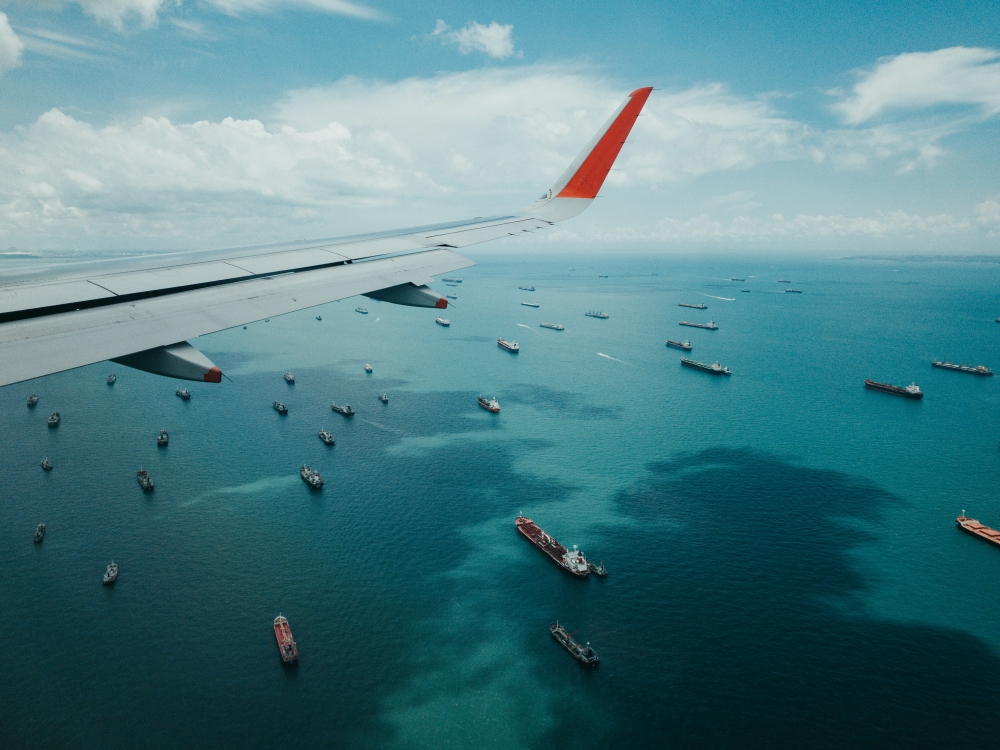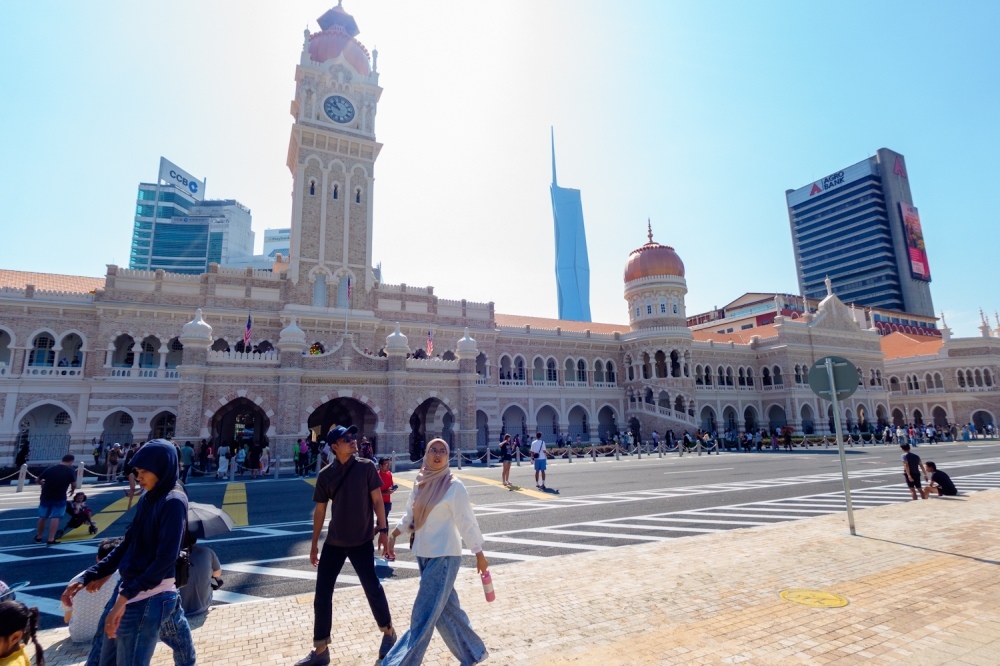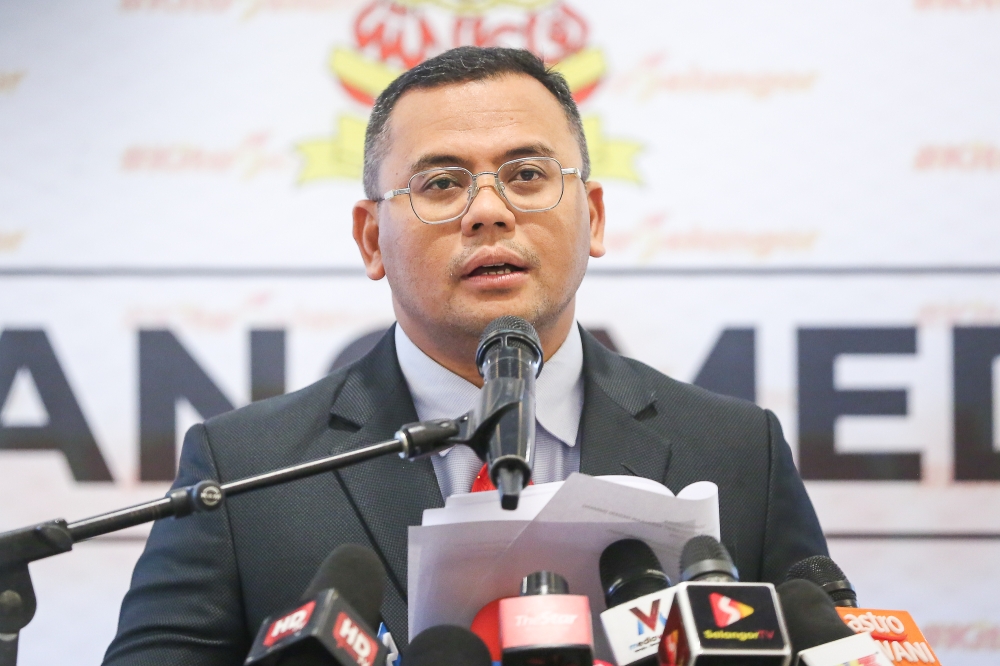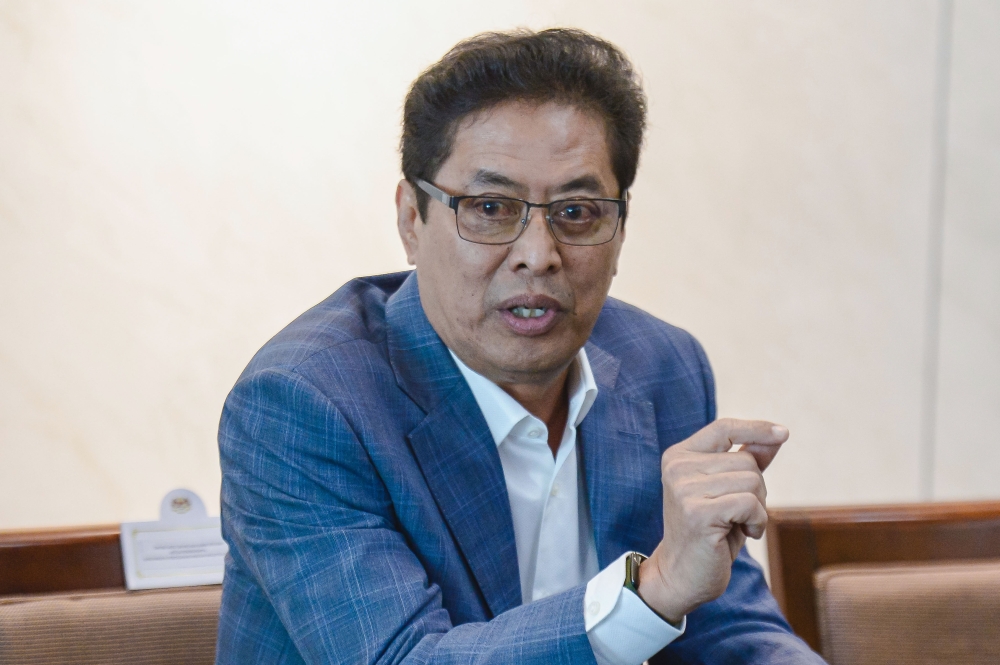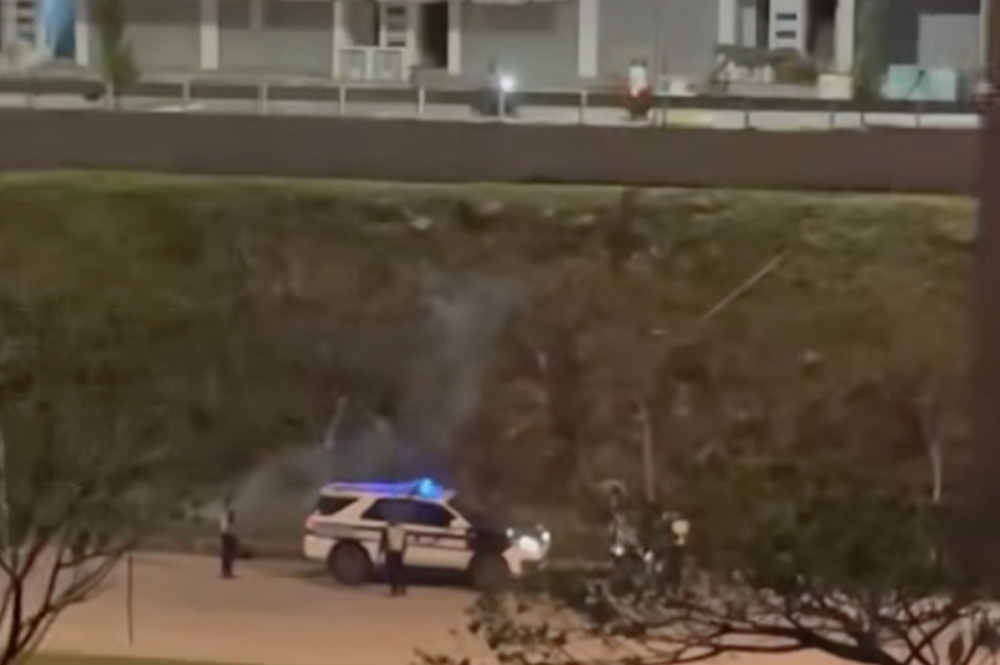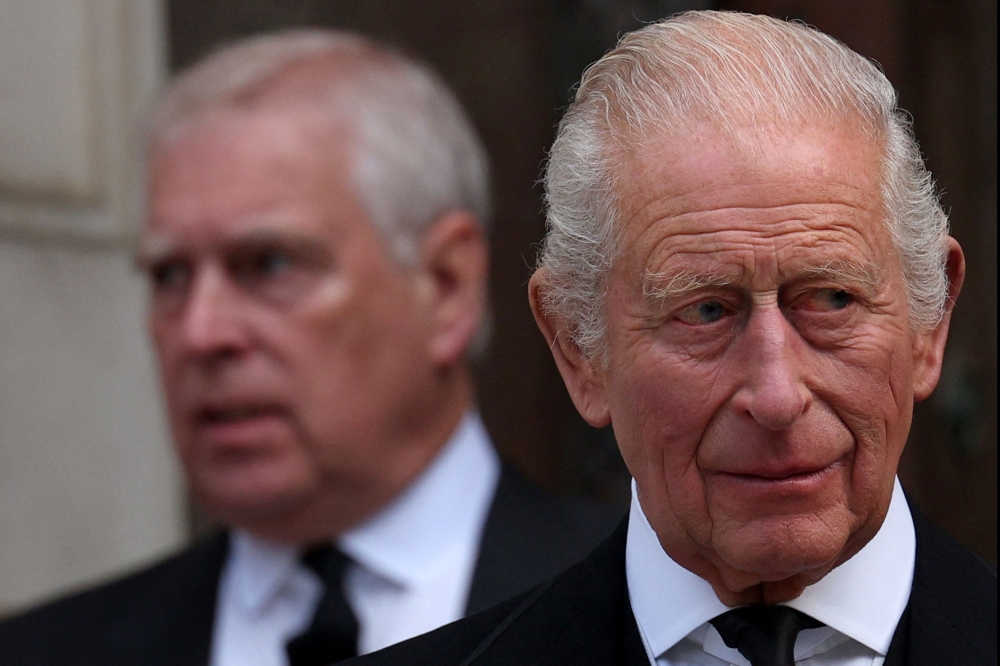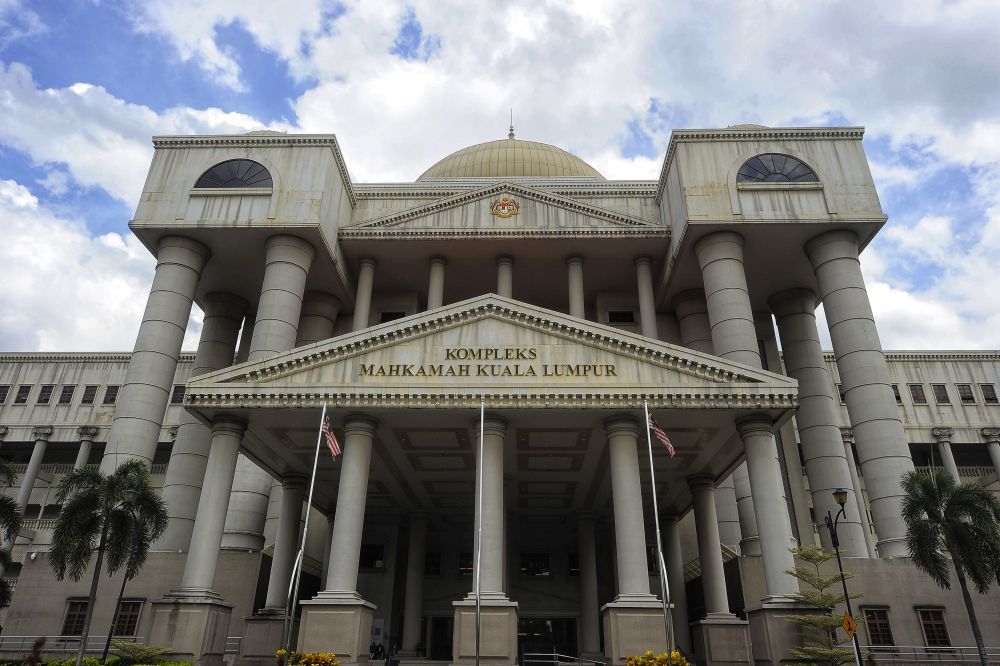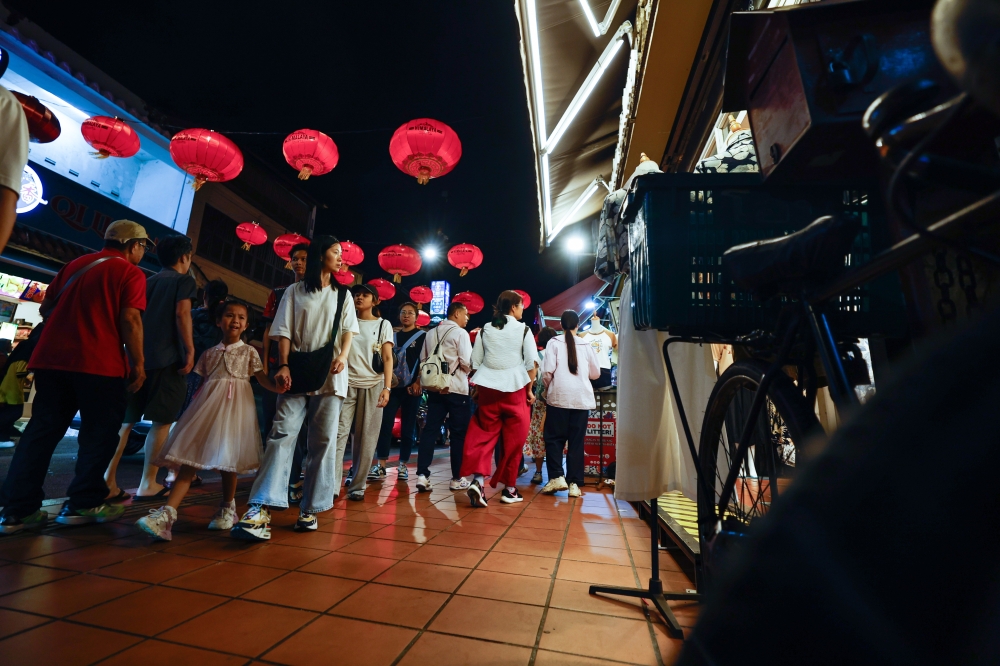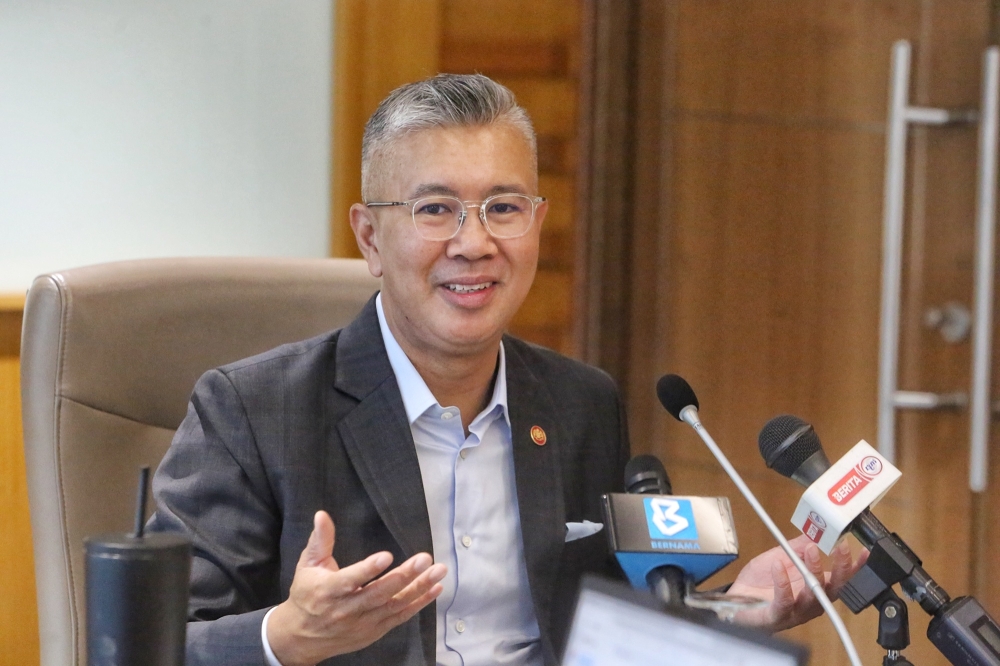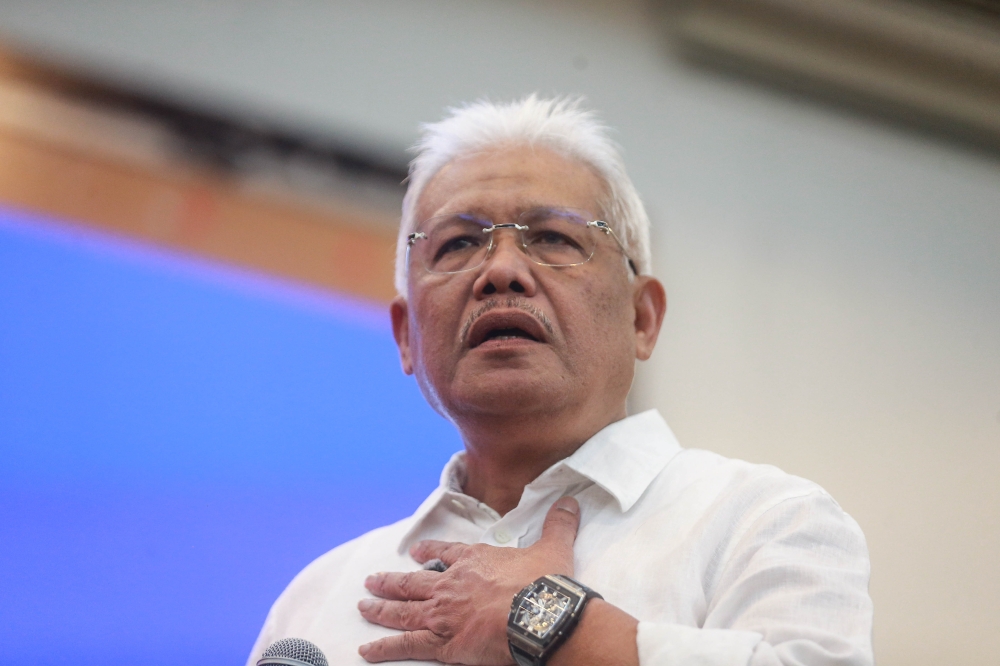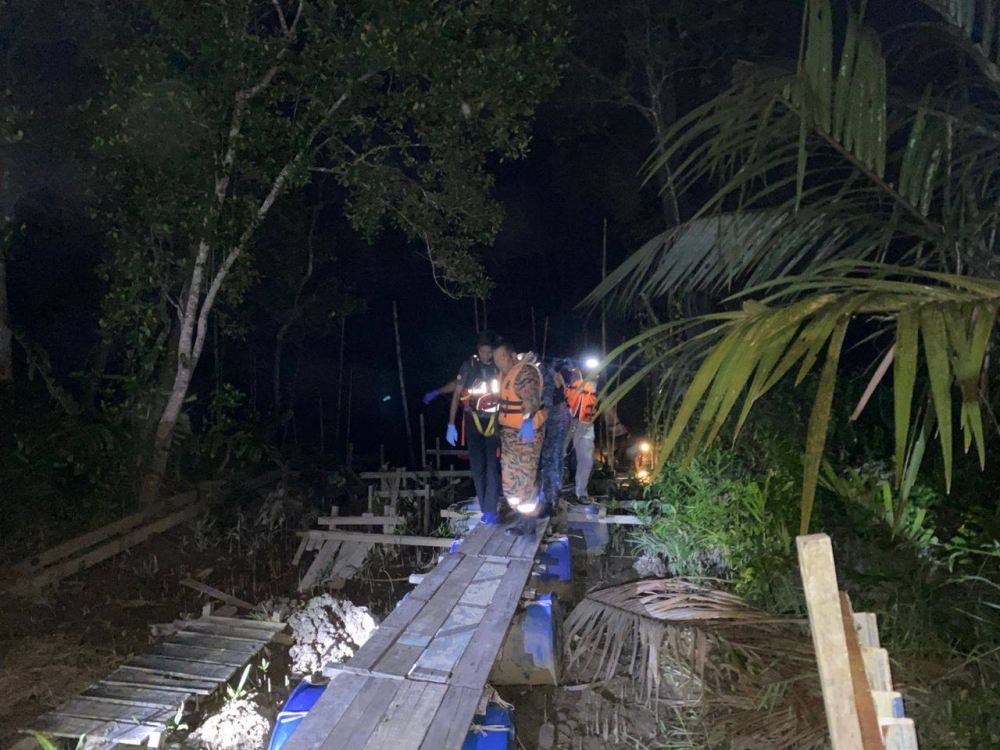JUNE 11 — Ukraine was not a country many of us gave much thought to prior to 2022. At the edge of Europe, it didn’t register for many in this part of the world.
Not a major travel destination, hardly renowned for its cuisine — it just wasn’t top of mind.
And then, large-scale conflict struck.
Russia’s invasion in 2022 was really the continuation of a conflict that began in 2014 when Russia annexed the Crimean Peninsula.
But again in South-east Asia, we were able to overlook those initial clashes. With the tragic exception of Malaysia Airlines Flight MH 17 the conflict didn’t impact us directly.
The large-scale invasion in 2022 was different; it heralded a major war, something we haven’t seen in Europe since World War II.
It’s a move that took Russia very close to direct conflict with Nato and the USA itself.
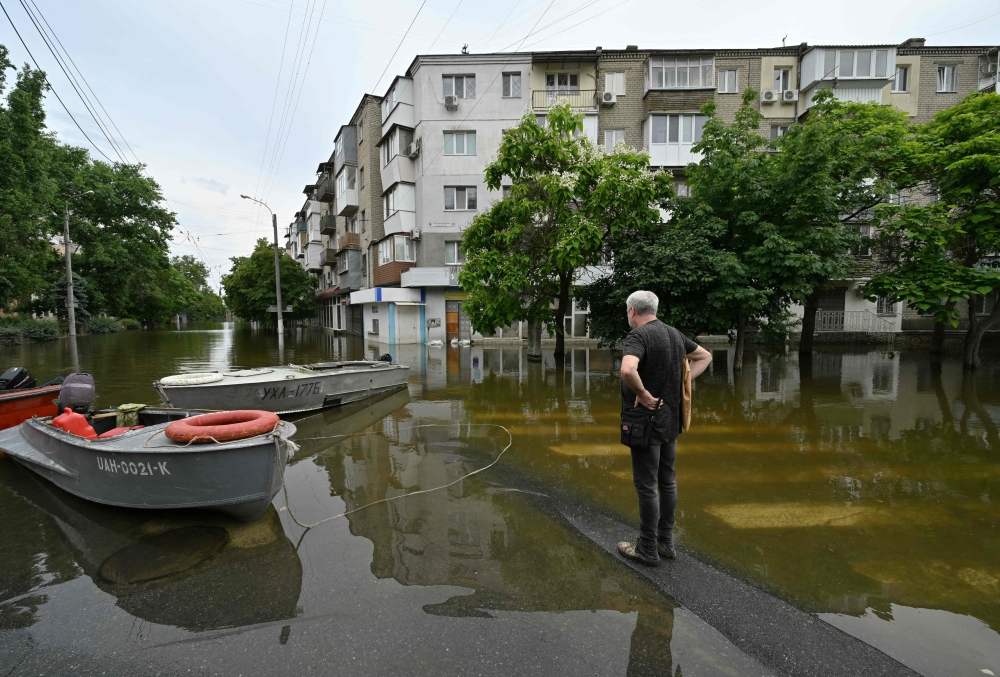
The resulting violence has dragged on for 16 months. The major powers of Nato have supported Ukraine by providing nearly unlimited ammunition, funds and training, without becoming actively involved in the fighting themselves.
Meanwhile, Russia has struggled to make the gains it sought but doesn’t seem inclined to give up what it sees as a fight for its existence.
The background to the conflict is complex.
While Russia appears to be the aggressor, it is not that simple. Russia has seen the Nato alliance, which was created to oppose and contain the Soviet Union — to which Russia is the successor state — grow.
Russian leaders after the fall of the Soviet Union were assured Nato wouldn’t keep expanding but it has grown exponentially and Russia sees this as a threat.
Russia also has a strong historical claim to the Crimean region, which is populated by ethnic Russians and effectively gives Russia its only access to a port that isn’t covered in ice during winter.
For Russia, therefore, Crimea is key to securing its navy and maritime shipping lanes. Without a warm water port it can never function as a major independent power.
Russia has also watched the USA break up nations that have opposed its power. Libya, Iraq and Syria today barely exist as states.
Russia fears the USA has a similar plan for its territory and sees victory in the battle with Ukraine as the only way to save itself from falling under US domination.
Of course Ukraine is securing its territory and defending itself. The Crimea and the regions invaded by Russia were granted to Ukraine when it broke away from the Soviet Union and effectively gained independence from Russia in 1991.
Also, by actively defending itself, it is receiving enormous aid from Nato, securing its government and economy.
Nato, which has long seen defeating Russia as its core mission, is also acting rationally supporting Ukraine to the hilt and hoping to defeat Russia in an effective proxy war.
To me, that’s what makes the Ukraine conflict so worrying.
All the sides are actually behaving coherently; they all think they either can win or have to win so there’s no real incentive for them to back down.
So the conflict seems to just keep escalating. At this point, thousands of lives and billions of dollars have been wasted at a time when the world is facing much more serious issues than the borders of Eastern European nations: climate change or inequality, for example.
The problem is that given the positions taken there is no path to de-escalation. World bodies like the UN are powerless and the USA which as the world’s major power can intervene to put an end to disputes in this case has clearly taken a side.
Russian officials have said they are prepared to use nuclear weapons if Russia’s existence is threatened.
As the enormous economic and military might of the USA and Nato is brought to bear, it is hard to see how its existence won’t be threatened eventually.
The fighting now extends to areas with nuclear plants — it’s a recipe for disaster in every direction.
While day to day in our region, we’ve gotten over the initial shock and seem to be treating this war as a distant foreign conflict, the reality is it’s a gaping wound, twisting world politics.
China has been steadfast in its support for Russia. This has only increased US-China tension.
Almost all major developing nations, including India, Indonesia, and Brazil, have stayed neutral.
Even US allies like Mexico have refused to accept that Russia is the sole aggressor and should be placed under sanctions.
Many nations are sympathetic to Russia after seeing the USA play a biased world policeman for decades.
But even this neutrality achieves little. It’s really time for the countries that aren’t party to this conflict to work together to put an end to it.
All sides — Russia, the USA, Nato, and Ukraine — are guilty of perpetuating this conflict and not working hard enough to negotiate a settlement.
At the moment, no negotiations are even being attempted; all sides seem content to pursue a solely military solution.
This is extremely dangerous and should be unacceptable to civilised nations everywhere and anywhere.
Given the traditional upholders of the post-Cold War international order, i.e., Europe and the USA, have failed to prevent and are, in fact, working to perpetuate this conflict – it’s time for the rest of the world to take a stand.
The reality is, despite their claims to civilization, Europeans with their penchant for violence have brought the world close to destruction on various occasions. The wars Europeans have had among themselves dwarf any conflict in Asia or Africa.
As casualties, arms supplies and rhetoric only increase, it’s frankly time to put a stop to this brutality.
And it is time for the Global South to step up. The Global North has failed.
Given our comparative lack of power and resources, we have little history playing a leadership role but we need to learn fast.
We don’t have a choice. If escalation continues, this will threaten us all.
A truly united and cohesive effort needs to be made to get the nations of the Global North to accept some sort of peace plan and we need to exert as much intellectual, diplomatic, and economic pressure as we can or once again we risk letting Europeans take us all to the brink of destruction.
*This is the personal opinion of the columnist.


